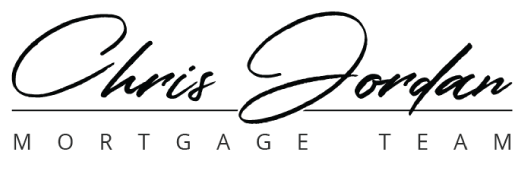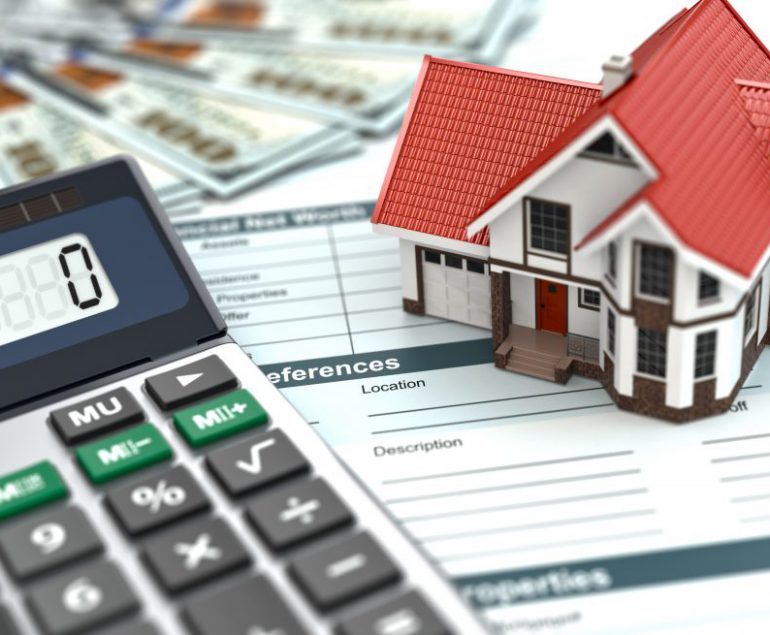As a home buyer, you may have more options than you realize to finance your investment. Figuring out which loan suits your needs requires research. We will assess your situation and walk you through all of your options. However, it never hurts to have a head start by knowing the basic categories of home loans.
Fixed Rate or Adjustable Rate Mortgage
A main deciding point during the loan process is the type of interest rate you prefer. You can have a fixed or adjustable interest rate. Here are the highlights of each loan type to help you decide.
Fixed-Rate: this mortgage is considered the “standard” choice for most borrowers. It allows you to pay off your home loan in a set amount of years (usually a term of 10, 15, 20 or 30) with the same interest rate. Although overall housing market rates may go up or down, your specific rate will be unchanged. Usually, a shorter term comes with a lower interest rate. For example, a 10 year fixed will have a lower rate than a 30 year fixed. This is an attractive choice for those looking for stability. You will know, for the most part, what your monthly mortgage payment will be. If rates start to drop significantly, you could have the option to refinance.
Adjustable-Rate (ARMs): while a fixed-rate stays true to its name, so does an adjustable-rate mortgage. ARMs offer a lower initial interest rate, but it might fluctuate after a certain period of time. A hybrid ARM is represented by fractions, such as 5/1, indicating the rate will adjust after 5 years, then continue to reset each year. Since the initial lower rates are appealing, ARMs are best for borrowers who don’t plan on staying in their home for long.
Conventional or Government-Backed Loan
The next step in selecting your mortgage is whether you quality for a conventional or government-backed loan. The main difference between the two is the institution which insures your loan.
Conventional mortgages are insured by private companies, while government-backed loans are subsidized by the government. FHA, VA, and USDA loans are all government-backed loans and available to eligible borrowers. This means there are certain guidelines home buyers must meet in order to receive funds. These loans usually help those with limited savings for a down payment, served in the military, or are looking to buy in a rural area.
Conforming or Jumbo Loan
One of the final choices you can face as a borrower is deciding between a conforming or jumbo loan. These loan types concern the location and price of the home you are shopping for.
Conforming loans follow Fannie Mae and Freddie Mac’s conforming guidelines, which include maximum loan amount – how much you can borrow to purchase your home. These loan limits differ depending on where you are located and can change from year to year. In some counties the loan limit for a single unit is $424,100, while in others it can be upwards of $636,150.
Jumbo loans allow higher loan amounts not allowed by standard confirming programs (Fannie and Freddie). These loans are also known as “non-conforming” mortgages. If you are in the market for a home that is priced higher than your county loan limit, you may need to qualify for a Jumbo loan. The requirements to qualify for this type of loan are different than a conforming loan, so it’s important to discuss whether it is fitting for your situation and home buying goals.
During the pre-qualification process, we will help you identify which loan type will suit your needs best.
Questions?
Click HERE to connect with us, or to have us contact you
Curious if you qualify? – Call or email us directly, or Pre-Qualify Here
Call us at (240) 670-5090 or email us at CJMT@mainstreethl.com



